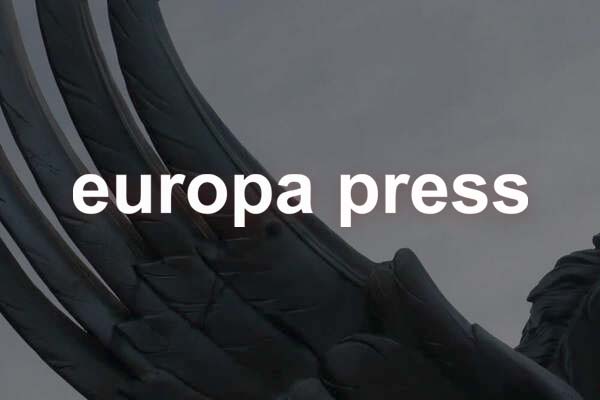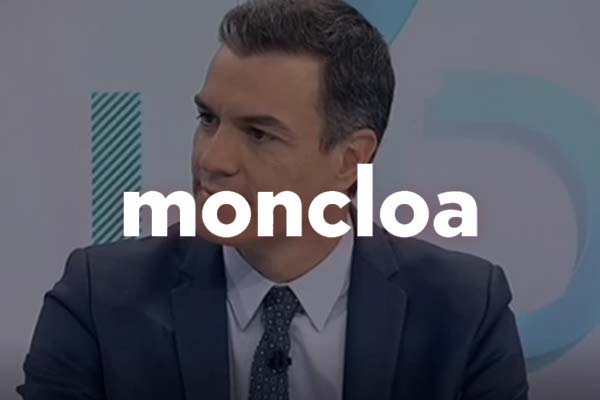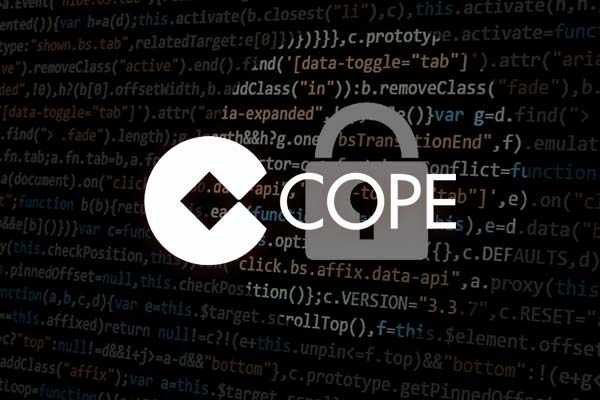News

El Independiente: "How to detect that a mobile phone has been infected with viruses such as Pegasus"
Following the scandal involving the infection of various mobile devices of high-ranking Spanish officials with Pegasus, the digital media outlet El Independiente contacted the CDO of Canaliza Security, Antonio Hita, to learn about the details and implications of an infection by malware of this type.
The article was published on May 4, 2022.

Telecinco: "Experts comment on the spying on Pedro Sánchez"
After learning about the infection of the mobile phone of the Prime Minister of Spain, Pedro Sánchez, with the Pegasus malware, the news programs of the famous Spanish television network Telecinco wanted to gather the opinion of a cybersecurity expert. For this, they collaborated with our CDO, Antonio Hita.
The statements were broadcast on May 3, 2022.

Escudo Digital: "Cybersecurity expert does not believe it is fair to point at the CNI"
The scandal regarding the Pegasus spyware was covered by the security specialist newspaper Escudo Digital, which included the opinion of our CDO, Antonio Hita.
The information was published on May 3, 2022.

Europa Press: "Cybersecurity expert finds it unfair to accuse the CNI"
The prestigious press agency Europa Press interviewed Antonio Hita, our CDO, as a cybersecurity expert. They were interested in gathering his opinion about the security breach discovered following the infection of the mobile phone of the Prime Minister of Spain, Pedro Sánchez, as well as other high-ranking Spanish officials.
The statements were published on May 3, 2022.

El Periódico: "Pegasus and the spying on Pedro Sánchez"
The Catalan media outlet echoed the statements of Antonio Hita, CDO of Canaliza Security, regarding the infection of various politicians' phones in Spain with the Pegasus malware.
The statements were published in El Periódico on May 3, 2022.

Moncloa: "Cybersecurity expert believes it is undeserved to accuse the CNI"
Once again, our CDO, Antonio Hita, was interviewed as a cybersecurity expert. The digital outlet Moncloa wanted to know his opinion about the vulnerability discovered after the infection with the Pegasus malware of the mobile phones of various Spanish politicians, including the Prime Minister of Spain.
The information was published on May 3, 2022.

El Confidencial: "The new Pegasus"
The renowned Spanish newspaper El Confidencial invited our CDO, Antonio Hita, to write about cybersecurity and mobile phones following the CatalanGate scandal and the infection of various politicians' devices in Spain with the Pegasus malware.
The article was published on May 3, 2022.

COPE: "This is how the Pegasus spyware program works"
The renowned Spanish radio COPE invited Antonio Hita, our CDO, to participate in the program La Linterna to explain the peculiarities of the Pegasus malware and its implications in the spying on the mobile phone of the Prime Minister of Spain, Pedro Sánchez, among other politicians.
The radio program was broadcast on May 2, 2022. You can listen to the intervention of our expert from Canaliza Security starting from minute 17.

COPE: "All the keys about the Pegasus case"
Once again, the program La Linterna, broadcasted on the Spanish radio COPE, counted on us to clarify in detail the functioning of the Pegasus malware and the difficulties for its detection.
The interview conducted by the renowned journalist Ángel Expósito was aired on May 2, 2022. You can listen to the intervention of our expert from Canaliza Security starting from minute 2.20.

El País: "In the guts of CatalanGate"
Spanish journalist Joaquín Gil contacted us to gather our opinion as cybersecurity experts on Pegasus and its implications for the preparation of the CatalanGate report.
The news was published on April 23, 2022, in the prestigious Spanish newspaper El País.

Escudo Digital: "Can we protect ourselves against Pegasus?"
Our CDO Antonio Hita collaborates with Escudo Digital, a newspaper specializing in global security, to explain the workings and consequences of the Pegasus malware.
The article was published on April 25, 2022.

